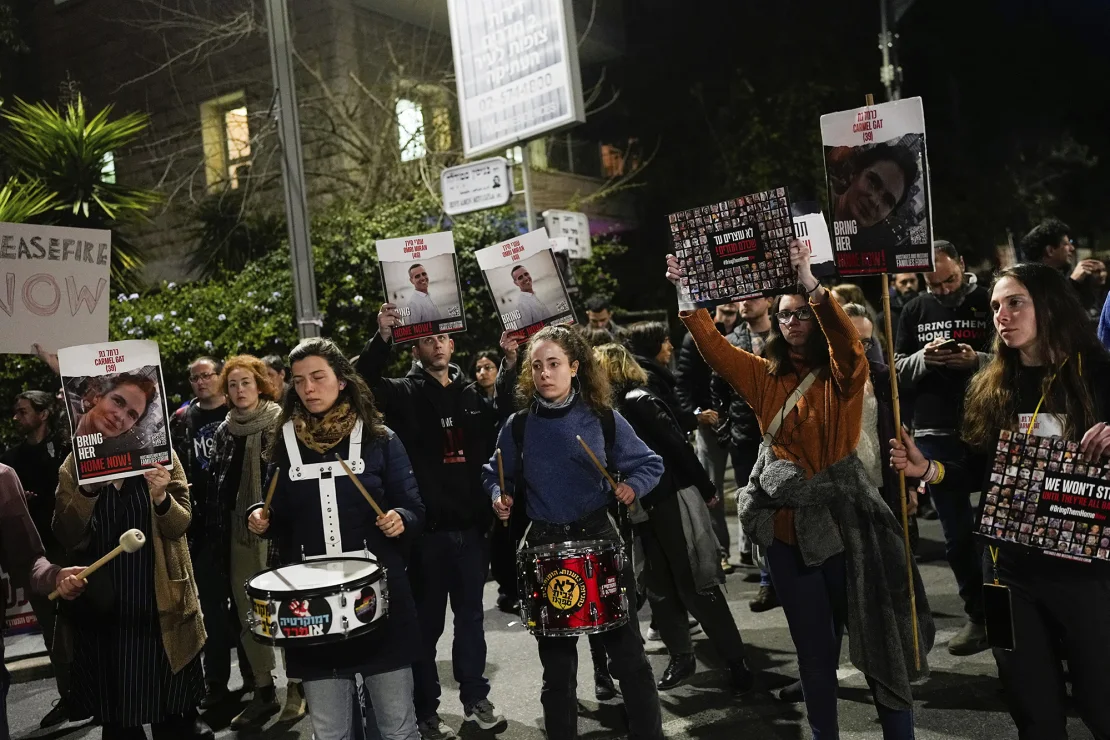In a decisive turn of events amidst the ongoing Gaza conflict, Israeli Prime Minister Benjamin Netanyahu has unequivocally rejected the conditions laid out by Hamas for ending the war and releasing hostages. This firm stance comes at a time when Netanyahu is facing escalating pressure from the Israeli public and international community to secure the safe return of captives held in Gaza.
Netanyahu’s rejection aligns with his unwavering commitment to Israel’s security, as he emphatically stated, “I reject outright the terms of surrender of the monsters of Hamas.” The terms, which include ending the war, releasing Palestinian prisoners, and withdrawing Israeli forces from Gaza, are seen by Netanyahu as a direct threat to the nation’s safety. He argued, “If we agree, our soldiers fall in vain. If we agree to this, we will not be able to guarantee the security of our citizens.”
The plight of the hostages remains a central issue, with 132 of the original 253 hostages believed to still be in Gaza. This situation has triggered a complex debate within Israel’s war cabinet, with opinions divided between prioritizing the defeat of Hamas and the immediate return of hostages. Gadi Eisenkot, a war cabinet minister, voiced concerns over the government’s strategy, calling for reevaluating the primary war aims.
International calls for negotiation have further complicated Netanyahu’s stance. A Wall Street Journal report highlighted efforts by the US, Egypt, and Qatar to initiate a new phase of talks with Hamas, beginning with the hostage release. Despite these external pressures, Netanyahu remains steadfast, even as public dissatisfaction grows.
This dissatisfaction culminated dramatically when protesters, including families of the hostages, disrupted a meeting of the Israeli parliament’s finance committee. Their impassioned plea, “You will not sit here while they die there,” underscored the growing discontent among the Israeli public.
Netanyahu, addressing the families of the hostages, acknowledged the absence of a viable proposal from Hamas for the hostages’ release, contrasting it with an undisclosed Israeli initiative. This statement came amidst a politically charged atmosphere, where a CNN-affiliated Channel 13 poll revealed a divided Israeli opinion on a potential hostage deal.
Amid these developments, Netanyahu has also reiterated his opposition to Palestinian sovereignty over the occupied territories. This stance puts him at odds with international allies, including the United States and the European Union. His assertion, “I will not compromise on full Israeli security control over all the territory west of Jordan,” challenges the long-standing two-state solution paradigm.
As the conflict in Gaza intensifies, with a staggering death toll and the fate of hostages hanging in the balance, Netanyahu’s rejection of Hamas’ terms marks a significant moment in the ongoing crisis. Balancing national security interests with mounting internal and external pressures, his decisions in the coming days will be crucial in shaping the course of this protracted conflict.






















+ There are no comments
Add yours